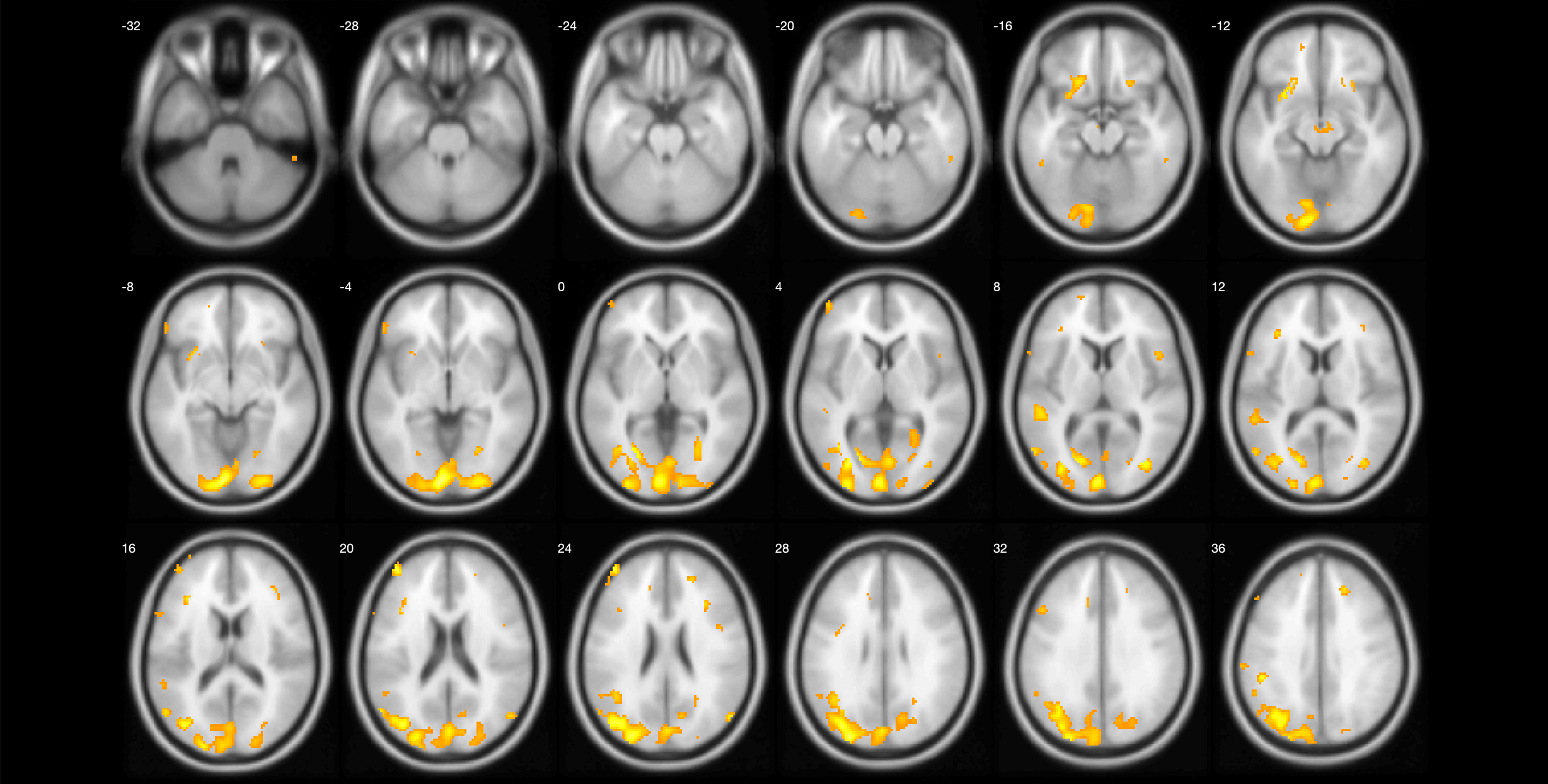Objective: To investigate topographic cholinergic brain differences between Parkinson’s disease (PD) patients with and without presbyvestibulopathy (PVP).
Background: Age-associated vestibulopathy (PVP) is commonly observed in both neurologically intact older adults and age-associated disorders like PD. As individuals age, the vestibular system naturally undergoes a vestibular function frequency-dependent decline. However, those with PD may experience more pronounced dysfunction in this system because of post-mortem evidence of alpha-synuclein deposition in vestibular brainstem nuclei and connected regions. Therefore, the presence of inherent PD-related vestibular changes could potentially exacerbate the effects of age-associated vestibulopathy. A promising candidate for central nervous system involvement in PVP in PD might be the cholinergic system, given the role of anti-cholinergic drugs in treating peripheral vestibular hyperfunctions, such as vertigo. However, less is known of cholinergic system changes associated with vestibular hypofunction, such as seen in PVP.
Method: 25 participants with PD (13 Males, 12 Females, Age: 68.96±5.2, UPDRS-III: 43.24±16.00). 10 PD patients (40%) were classified with PVP according to Barany Society criteria using multifrequency vestibular testing [1]. All patients underwent a Fluorine-18-fluoroethoxybenzovesamicol ([18F]FEOBV) vesicular acetylcholine transporter brain PET. We performed a whole brain voxel-wise group comparison between PD patients with PVP and those without PVP. The threshold was set at p<0.01, K>50.
Results: PD patients with PVP exhibited reduced cholinergic activity compared to PD patients without PVP, particularly in an occipito-parietal cluster lateralized to the left hemisphere. Specifically, this cluster included the left lingual gyrus, left optic radiation, calcarine cortex, left middle occipital gyrus, left angular gyrus, and midbrain [figure1].
Conclusion: These findings suggest that presbyvestibulopathy in PD involves the cholinergic central nervous system and specifically affects posterior brain cholinergic innervation. This may explain at least in part the previously shown association between the cholinergic system and gait and balance impairments in PD.
Figure 1
References: [1] Agrawal, Y., Van de Berg, R., Wuyts, F., Walther, L., Magnusson, M., Oh, E., Sharpe, M., Strupp,.M. (2019). Presbyvestibulopathy: Diagnostic criteria Consensus document of the classification committee of the Bárány Society. Journal of Vestibular Research, 29(4), 161-170
To cite this abstract in AMA style:
P. Kanel, G. Carli, T. Brown, S. David, R. Vangel, C. Pongmala, D. Mccaslin, K. Kerber, N. Bohnen. Cholinergic Brain Signature of Presbyvestibulopathy in Parkinson’s Disease: Exploring Central Nervous System Vestibular Mechanisms [abstract]. Mov Disord. 2024; 39 (suppl 1). https://www.mdsabstracts.org/abstract/cholinergic-brain-signature-of-presbyvestibulopathy-in-parkinsons-disease-exploring-central-nervous-system-vestibular-mechanisms/. Accessed February 14, 2026.« Back to 2024 International Congress
MDS Abstracts - https://www.mdsabstracts.org/abstract/cholinergic-brain-signature-of-presbyvestibulopathy-in-parkinsons-disease-exploring-central-nervous-system-vestibular-mechanisms/

